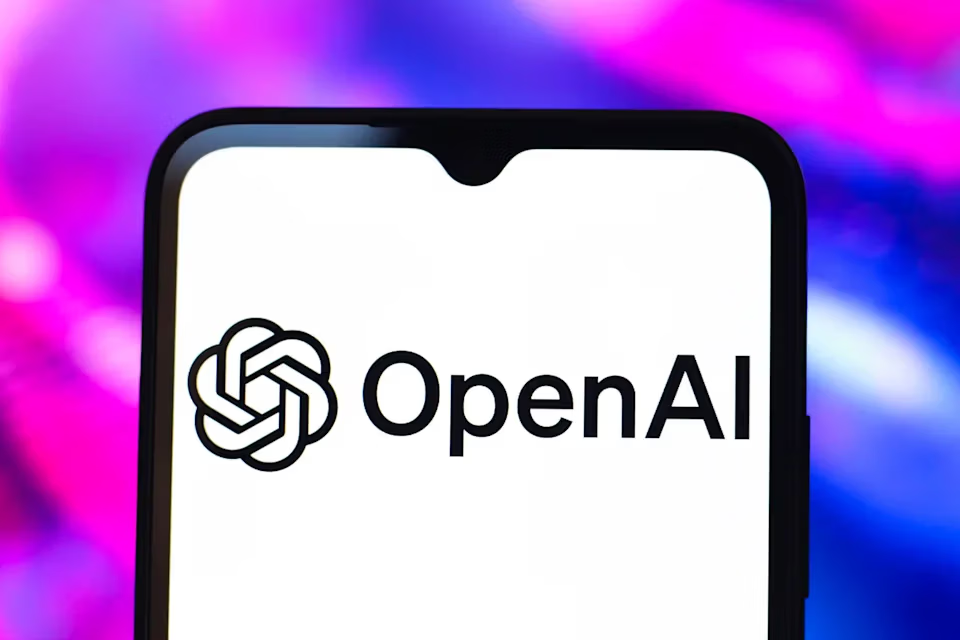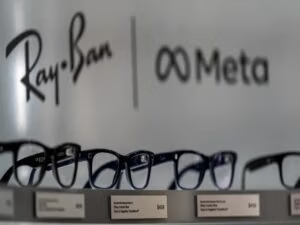OpenAI is seeking federal support to help accelerate its plans to build large-scale AI data centers across the United States, according to a recently released letter from the company to the White House.
The letter — written by Chris Lehane, OpenAI’s chief global affairs officer, and addressed to Michael Kratsios, the White House’s director of science and technology policy — outlines how OpenAI believes the federal government can play a role in easing the financial and logistical challenges of AI infrastructure expansion.
Lehane argues that the U.S. should expand the Advanced Manufacturing Investment Credit (AMIC), a 35% tax credit introduced under the Biden administration’s Chips Act, beyond semiconductor fabrication. The company wants the credit to apply to electrical grid components, AI servers, and AI data centers as well.
“Broadening coverage of the AMIC will lower the effective cost of capital, de-risk early investment, and unlock private capital to help alleviate bottlenecks and accelerate the AI build in the US,” Lehane wrote.
OpenAI’s letter also urges the government to speed up environmental reviews and permitting for these projects. In addition, the company suggests the creation of a strategic reserve of critical materials — including copper, aluminum, and processed rare earth minerals — needed for data centers and AI hardware.
The letter was first published on October 27, but it gained wider attention only this week after remarks by OpenAI executives sparked conversation about the company’s requests.
At a Wall Street Journal event on Wednesday, OpenAI CFO Sarah Friar said the government should “backstop” OpenAI’s infrastructure loans. She later clarified her comments on LinkedIn, saying:
“OpenAI is not seeking a government backstop for our infrastructure commitments. I used the word ‘backstop’ and it muddied the point.”
CEO Sam Altman also issued a public statement, reiterating that OpenAI is not looking for federal guarantees.
“We believe that governments should not pick winners or losers, and that taxpayers should not bail out companies that make bad business decisions or otherwise lose in the market,” he wrote, adding that the company had discussed loan guarantees “as part of supporting the buildout of semiconductor fabs in the US.”
Altman also provided rare visibility into OpenAI’s financial expectations and future spending. In the same post, he wrote that OpenAI expects to end 2025 “above $20 billion in annualized revenue run rate and grow to hundreds of billion by 2030,” and revealed that the company has already made $1.4 trillion in capital commitments over the next eight years.
OpenAI’s push illustrates how AI infrastructure is increasingly becoming intertwined with federal industrial policy, and how even the biggest players in the industry are looking to Washington as they scale.






